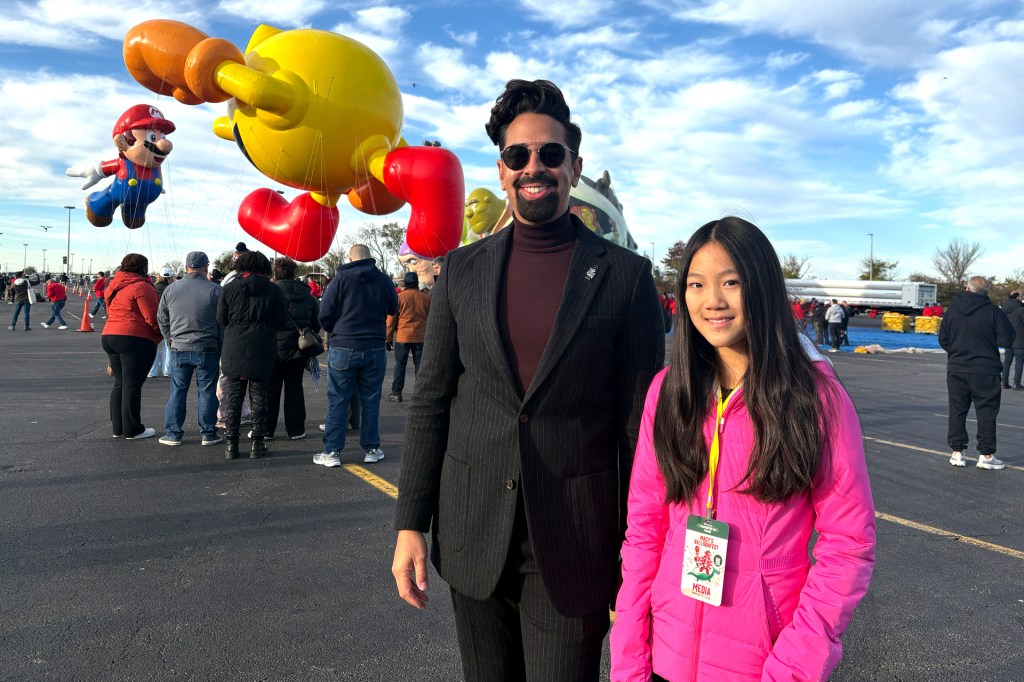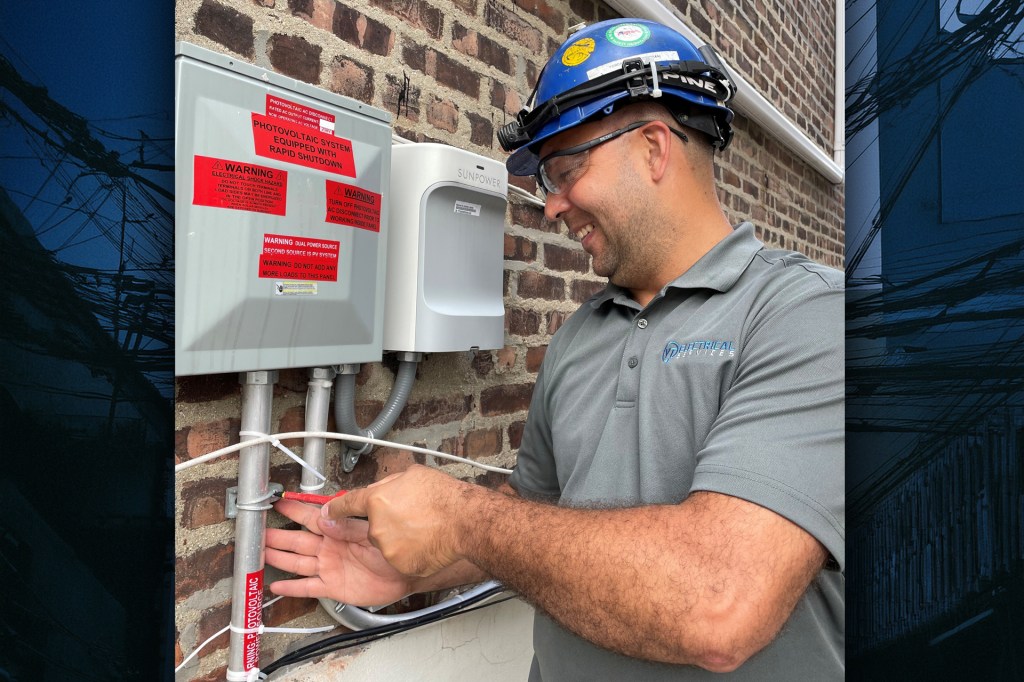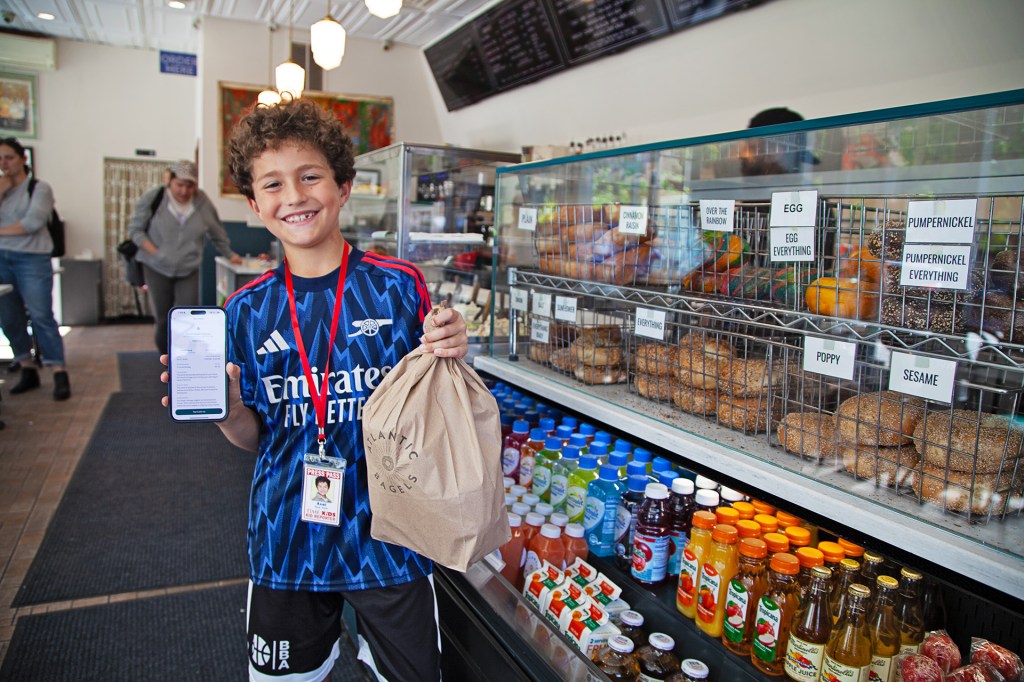
On March 14, 2020, the COVID-19 pandemic forced 57th Street Books, in Chicago, Illinois, to close its doors. The store wouldn’t reopen for nearly a year and a half. During that time, director Jeff Deutsch was worried. Customers couldn’t come to the shop. They couldn’t browse the shelves. His main advantage over online retailers, such as Amazon, had vanished overnight.
Deutsch says he and his team were lucky. Customers stepped up. They offered gifts and support. “There was something very beautiful in the way our community came together,” he told TIME for Kids. “[We] really supported one another’s institutions and businesses.”
Similar stories played out over the past two years in cities and towns around the country. Though independent bookstores were forced to close during the pandemic, many found ways to connect with and help their community.

ON-SITE TFK Kid Reporter Orlie Weitzman poses with Jeff Deutsch, director of 57th Street Books.
COURTESY ORLIE WEITZMANNew Ideas
Before the pandemic, bookstores were already under financial pressure. Many had a hard time competing with Internet retailers because it’s so easy to buy books online. Then came COVID-19. It disrupted supply chains
supply chain
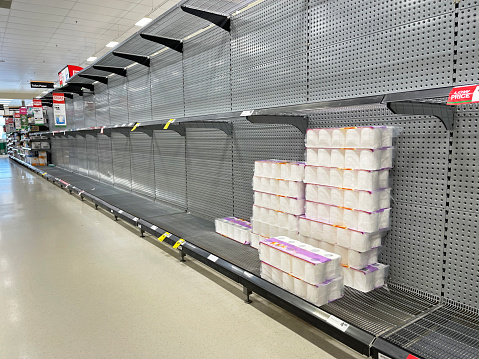 ANDREW MERRY—GETTY IMAGES
a system in which goods are made, transported, and sold
(noun)
Because of issues with the supply chain, certain items are out of stock.
. It also caused labor shortages. In 2020, one in five independent bookstores in the United States was in danger of closing.
ANDREW MERRY—GETTY IMAGES
a system in which goods are made, transported, and sold
(noun)
Because of issues with the supply chain, certain items are out of stock.
. It also caused labor shortages. In 2020, one in five independent bookstores in the United States was in danger of closing.
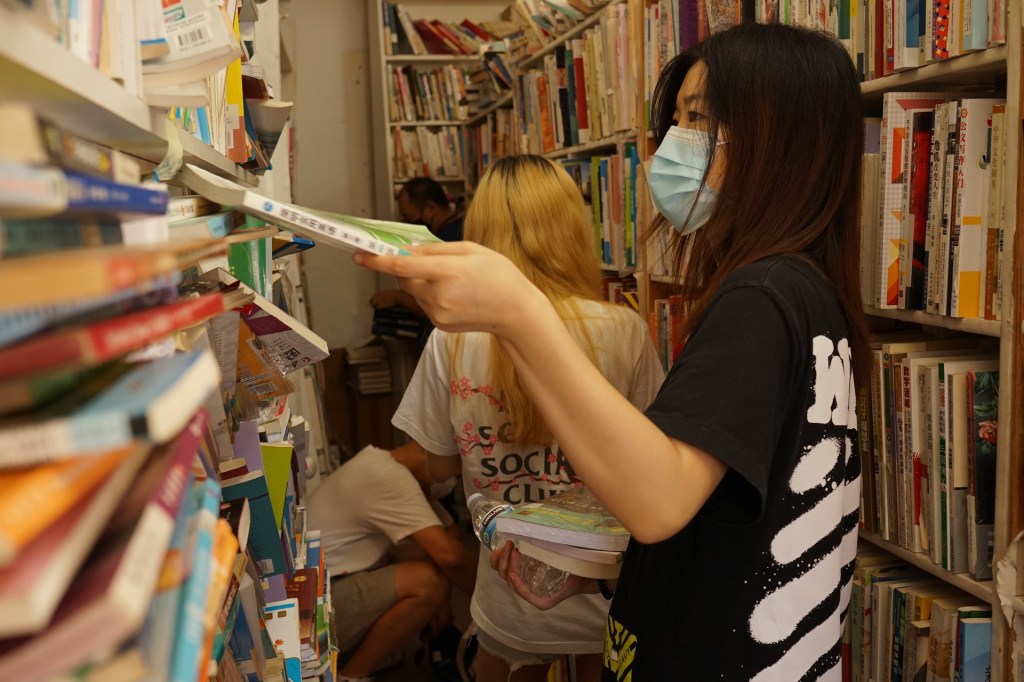
BROWSING Many bookstores closed because of COVID-19. After the pandemic, new ones opened.
ZENG HUI—XINHUA/GETTY IMAGESThat’s according to the American Booksellers Association (ABA).
But many stores were able to turn things around with new ideas. Anne Holman is co-owner of the King’s English Bookshop. It’s in Salt Lake City, Utah. She says the store put books outside for browsing and “started doing a lot of events online.” Other stores set up bookselling hotlines, sold books out of vans, and improved their tools for e-commerce
e-commerce
 MORSA IMAGES/GETTY IMAGES
the buying and selling of goods online
(noun)
Goldie's Yarn Shop improved its sales using e-commerce.
.
MORSA IMAGES/GETTY IMAGES
the buying and selling of goods online
(noun)
Goldie's Yarn Shop improved its sales using e-commerce.
.
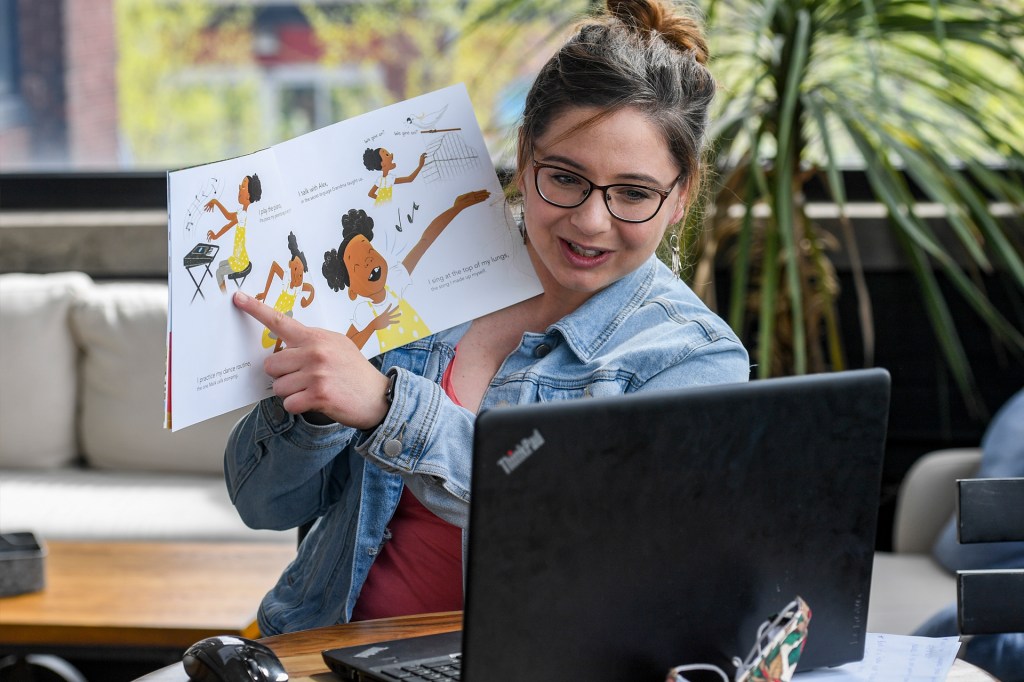
ZOOM IN During COVID-19 shutdowns, bookstores hosted virtual read-alouds.
BEN HASTY—MEDIANEWS GROUP/READING EAGLE/GETTY IMAGESThe industry grew stronger. According to the ABA, 41 independent U.S. bookstores closed in 2021, but 215 new ones opened.
For the Community
Some bookstores organized events that went beyond bookselling. They offered COVID testing. They collected food for people in need. “Having an independent bookstore in your community is almost like a town square,” says Samira Ahmed, an author of books for young adults. “It’s an important place to build community.”
One young fan of 57th Street Books is Adele Sorkin, 11. She’s on its Young Readers Advisory Board. Members receive early copies of books in exchange for writing reviews. “I think of the bookstore as a cookie jar,” Adele says. “It’s something special and fun that is always there for you.” Jeff Deutsch sees a bright future. “If we reimagine bookstores and make an effort to support [them],” he says, “then bookstores can thrive.”
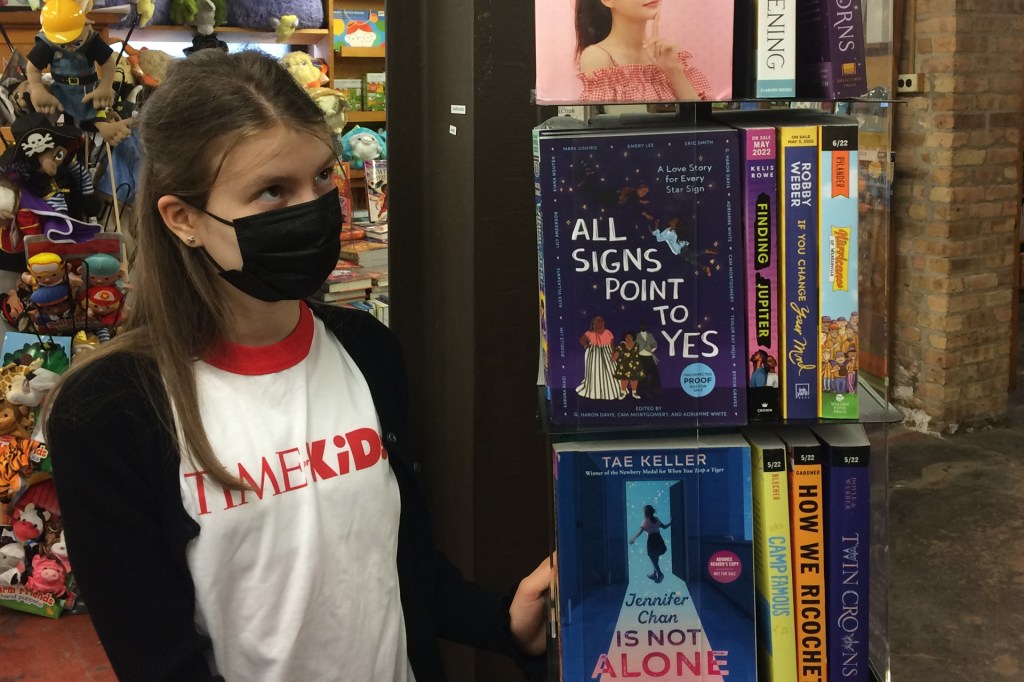
SO MANY CHOICES Orlie spins a rack of good reads at 57th Street Books, in Chicago, Illinois.
COURTESY ORLIE WEITZMANSupporting Bookstores
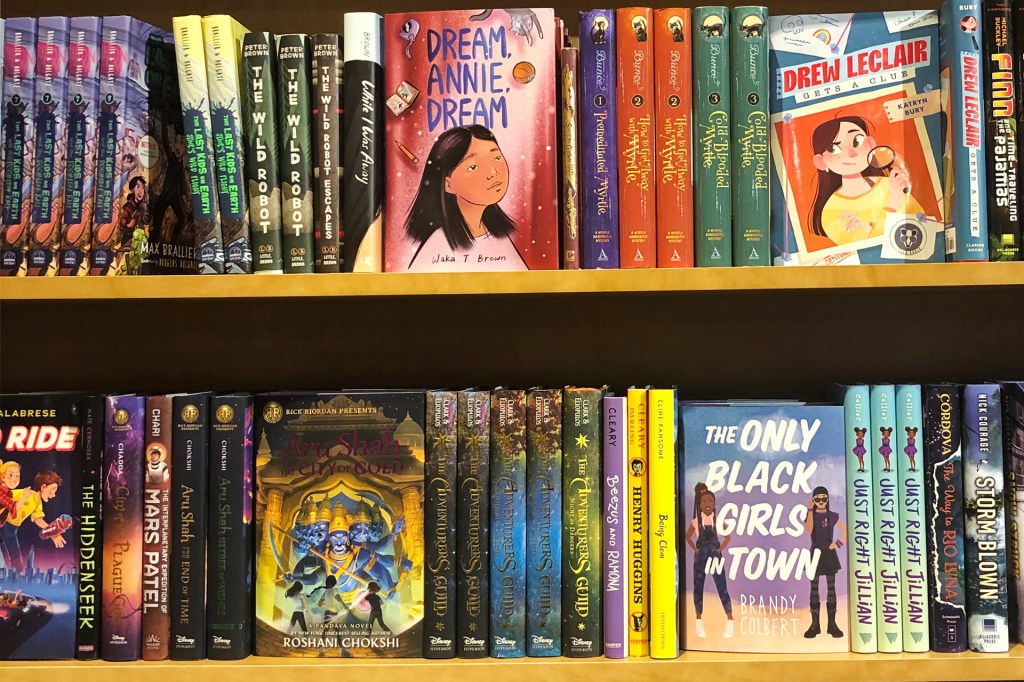
There are many ways you can support your local bookstore. The first one is obvious. Buy books there! You can also support the store’s events. Is an author making an appearance there? Why not check it out?
And spread the word. Recommend the store to a friend. “Young people are responsible for creating a society that values bookstores and a shared love of literature,” Jeff Deutsch says.






